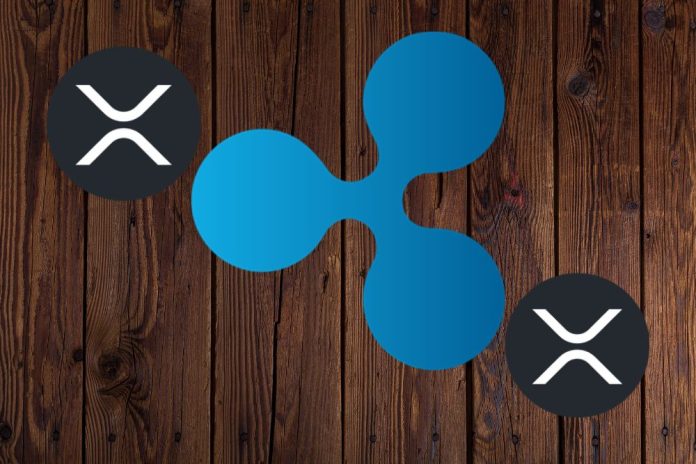Vincent Van Code, a prominent crypto figure, recently emphasized the significance of the New York Department of Financial Services (NYDFS) approving RLUSD, Ripple’s stablecoin. The crypto community has been anticipating this approval for weeks and was the final step delaying the stablecoin’s launch.
In a post on X, Van Code described it as “one of the biggest things that has happened in crypto,” noting that RLUSD is the first token classified as a regulated financial instrument, or “bank-grade.” This sets it apart from other stablecoins like USDC and USDT.
Implicit Recognition of XRPL and Ethereum
The NYDFS approval of RLUSD carries broader implications for the ecosystems supporting it. Van Code highlighted that this approval indirectly validates the XRP Ledger (XRPL) and Ethereum blockchains, which host RLUSD, as suitable platforms for financial-grade operations.
While these blockchains are not officially certified as banking grade, the approval signifies their capability to meet rigorous regulatory standards, as they meet the technical and security requirements necessary to host a regulated financial instrument.
Key operational features of XRPL and Ethereum, such as decentralization, immutability, and transparency, align with the stringent standards of financial regulators. Furthermore, NYDFS oversight ensures that the platforms can support compliance needs, including real-time audits and reserve tracking.
We are on twitter, follow us to connect with us :- @TimesTabloid1
— TimesTabloid (@TimesTabloid1) July 15, 2023
Why RLUSD Is Bank-Grade, but Blockchains Are Not
While the NYDFS approval highlights the viability of XRPL and Ethereum for hosting regulated assets, it does not formally certify the blockchains themselves as banking grade. Van Code explained that the approval applies specifically to RLUSD under U.S. banking laws, rather than the broader suitability of the underlying blockchains for core banking functions.
Van Code noted that for a blockchain to be classified as banking grade, it would require explicit recognition by major banking regulators, such as the Federal Reserve or the Bank for International Settlements (BIS). Additionally, it would need to demonstrate widespread adoption for critical banking services like lending or central clearing.
A Significant Moment for the XRP Ledger
While RLUSD is revolutionary for many reasons, Van Code emphasized that the NYDFS approval of RLUSD is a milestone that signals the growing maturity of blockchain technology. In another post, he explained that this could be significant for the XRPL, as Ripple launched RLUSD on the Ethereum network to funnel people into the XRPL ecosystem.
Launching on the Ethereum network allows exchanges that don’t support XRPL tokens to list RLUSD at launch, while the XRPL provides a cheaper and faster alternative to draw investors toward it.
Disclaimer: This content is meant to inform and should not be considered financial advice. The views expressed in this article may include the author’s personal opinions and do not represent Times Tabloid’s opinion. Readers are urged to do in-depth research before making any investment decisions. Any action taken by the reader is strictly at their own risk. Times Tabloid is not responsible for any financial losses.
Follow us on Twitter, Facebook, Telegram, and Google News



